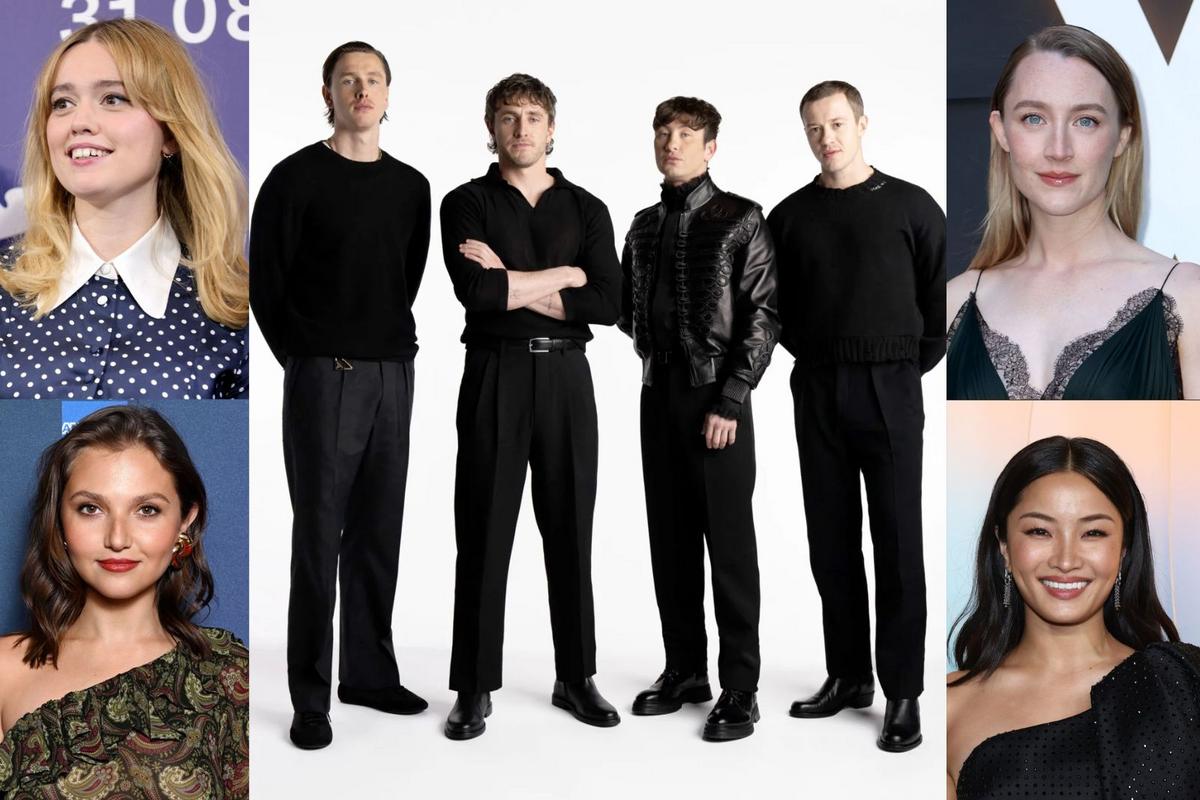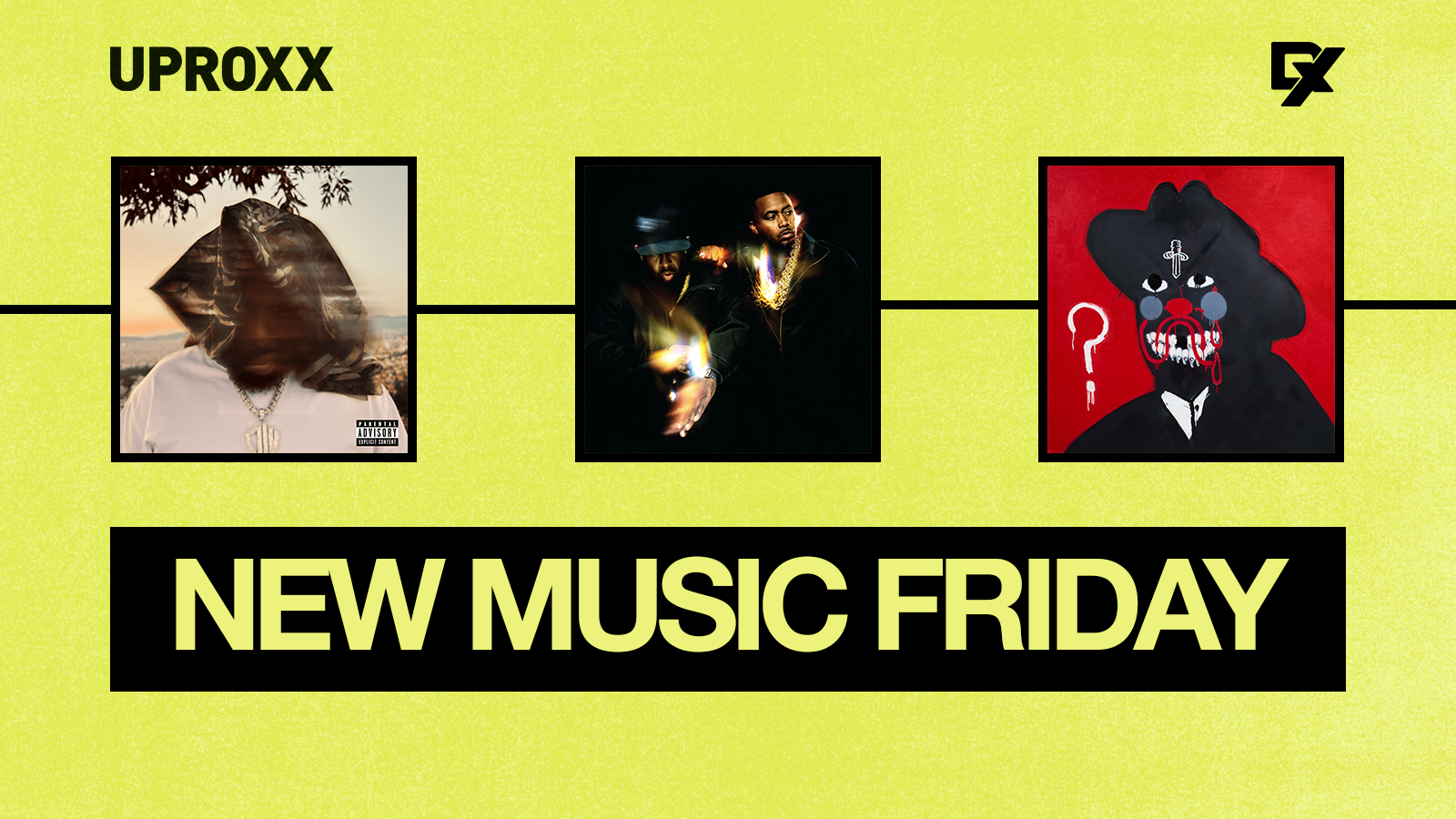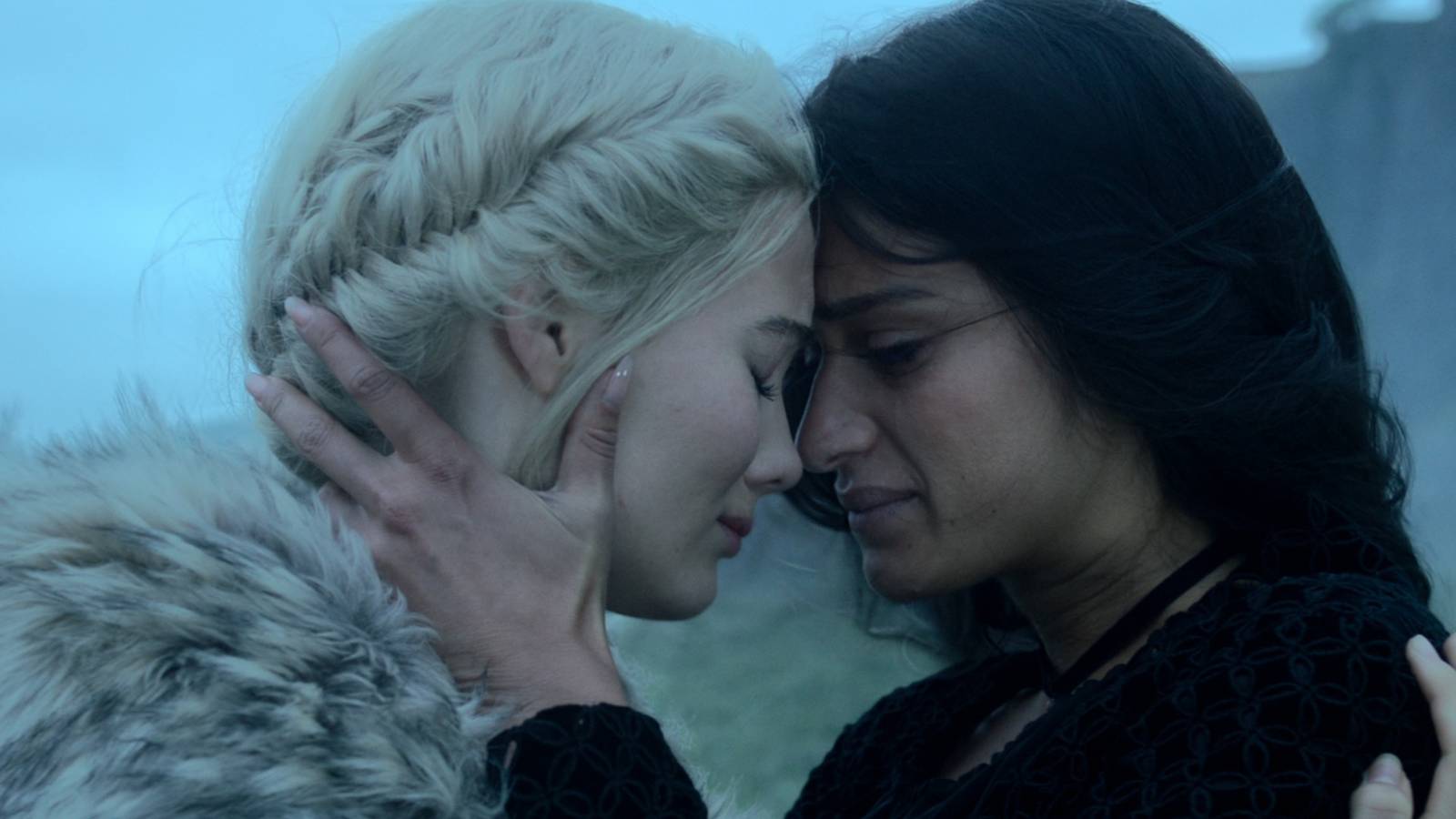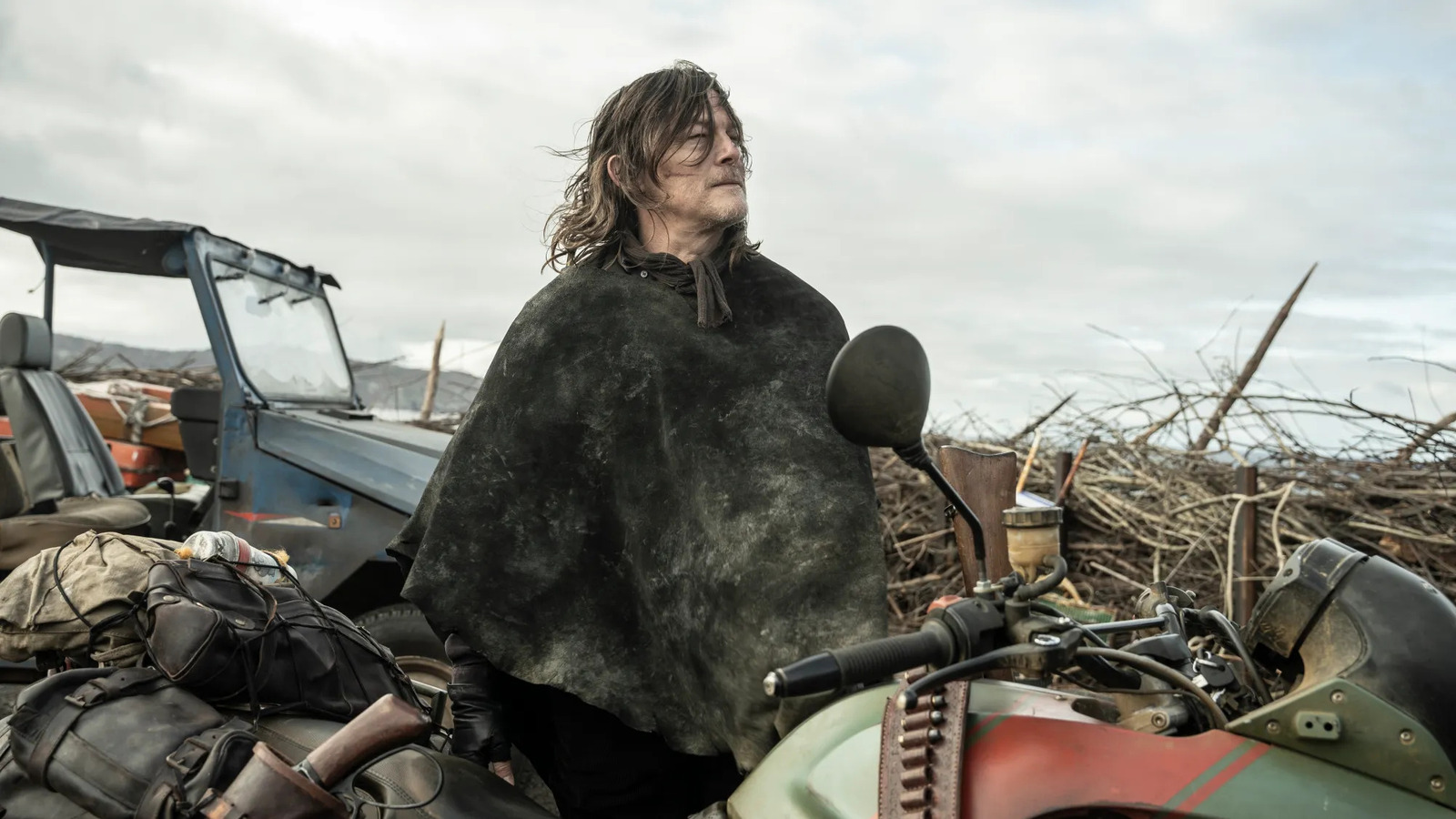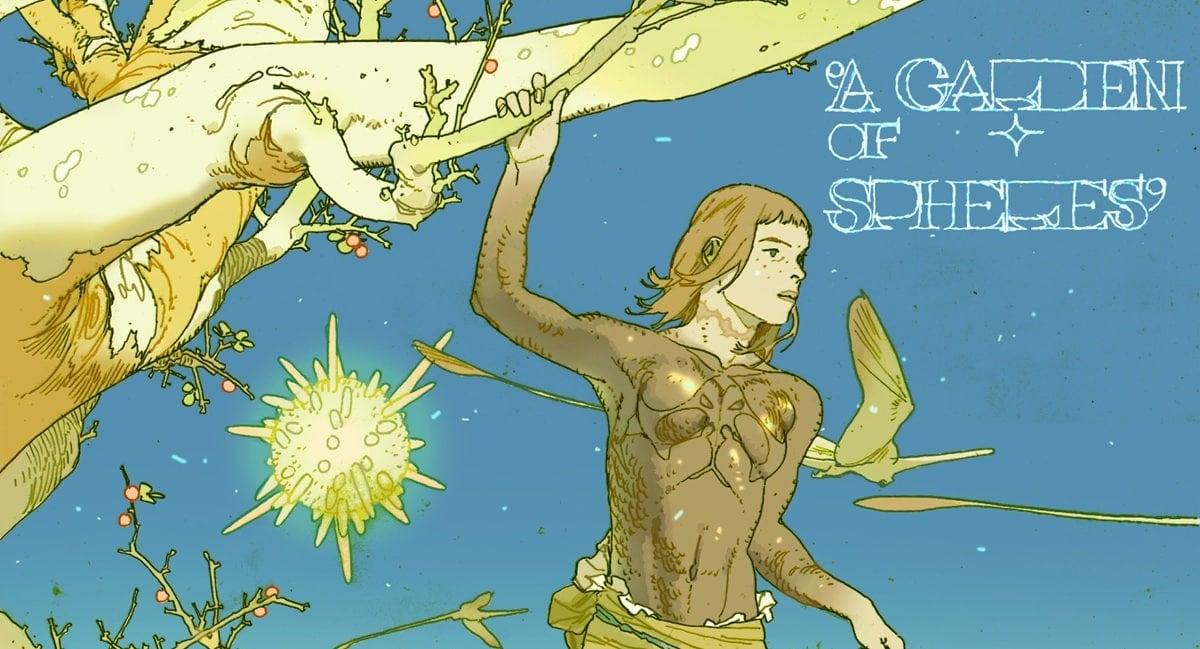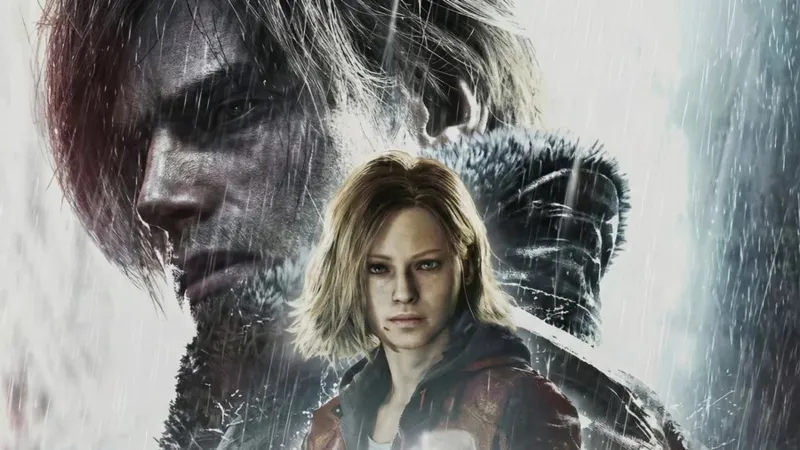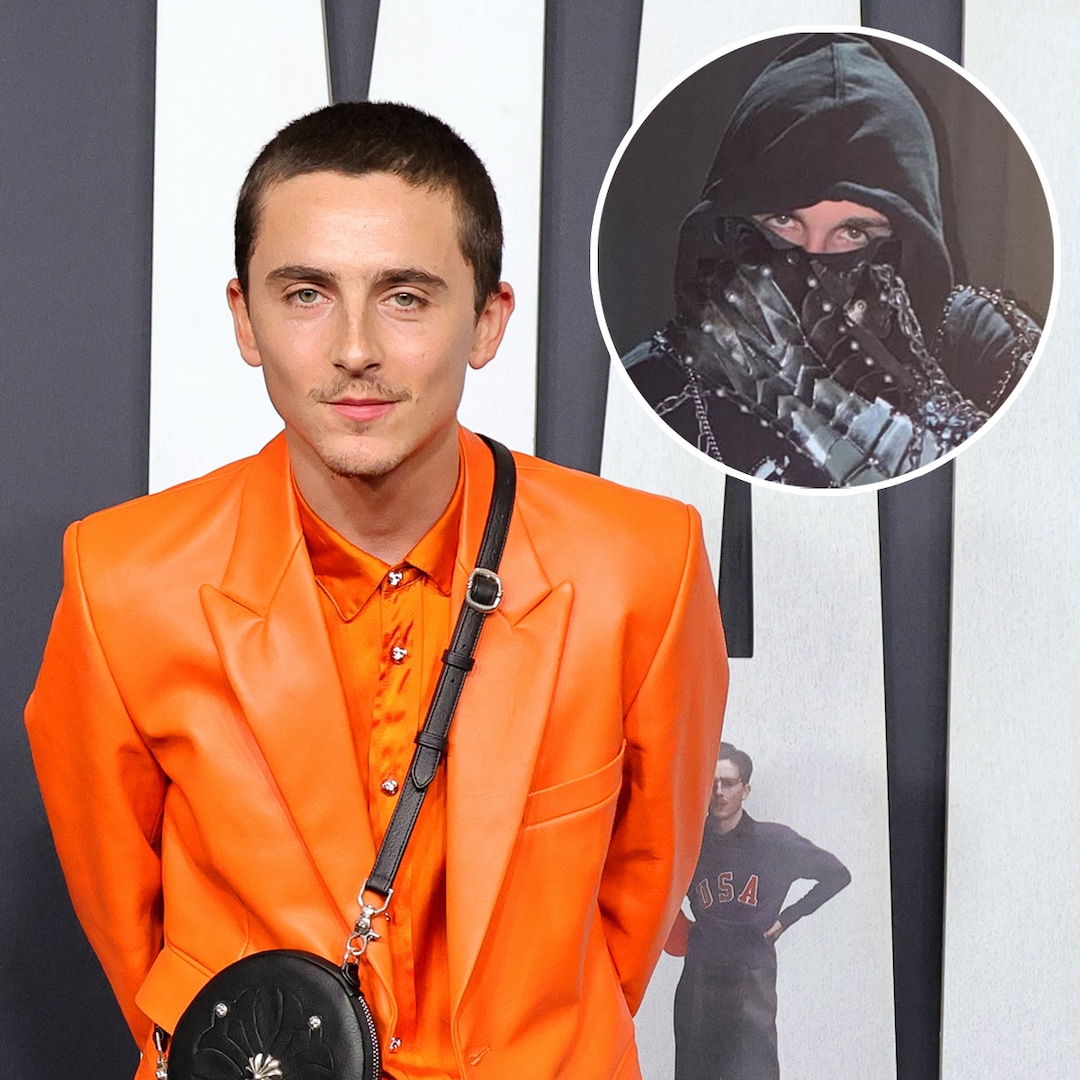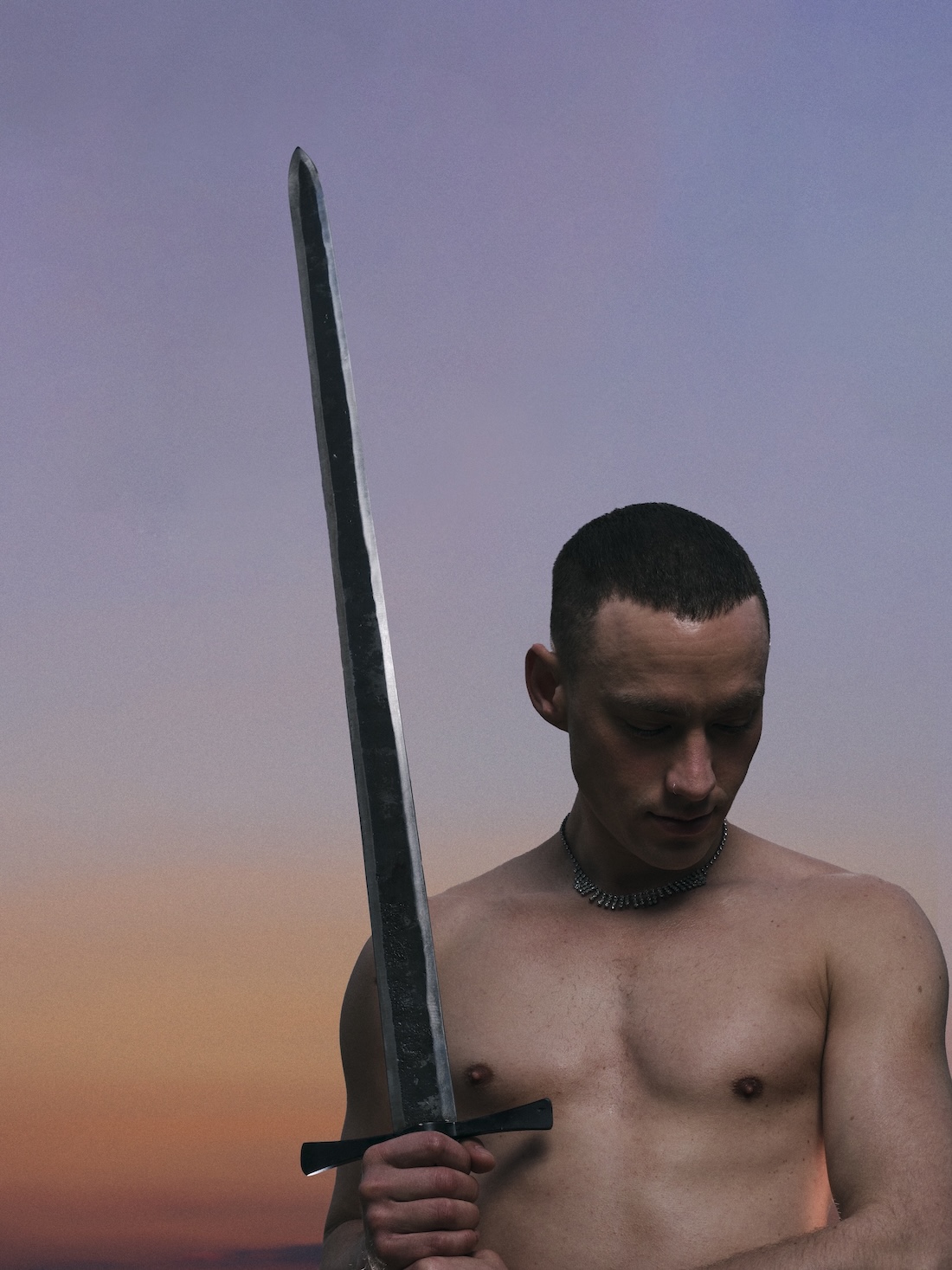
Olly Alexander has been the “it boy” as long as he’s been in the public’s consciousness. This started in the late 2000s at the time of his early acting roles in award-winning British television series and films. It was amplified with the breakout success of his group Years & Years in the early 2010s. Alexander’s star continues to ascend in the 2020s. His starring role in the critically acclaimed limited series, It’s a Sin garnered him a BAFTA nomination, and now, Alexander is putting himself in front of his own music with his debut solo album, Polari.
For all the experience and visibility Alexander has had for almost two decades, particularly as a figurehead for the queer and mental health communities, with Polari, Alexander is back in the new artist slot, “But with the benefit of 10 plus years with Years & Years,” he acknowledges. “It was like having training wheels for this record. It was nice to feel like I’m doing what I’m supposed to be doing, because I never really know what I’m doing. I just show up and try and trust the process that I will be guided somewhere. Polari felt right when it arrived.”
More from Spin:
- Game Over: Kendrick Lamar Roasts Drake At Super Bowl
- Green Day Developing Comedy About Life On The Road
- David Johansen Announces Cancer Diagnosis
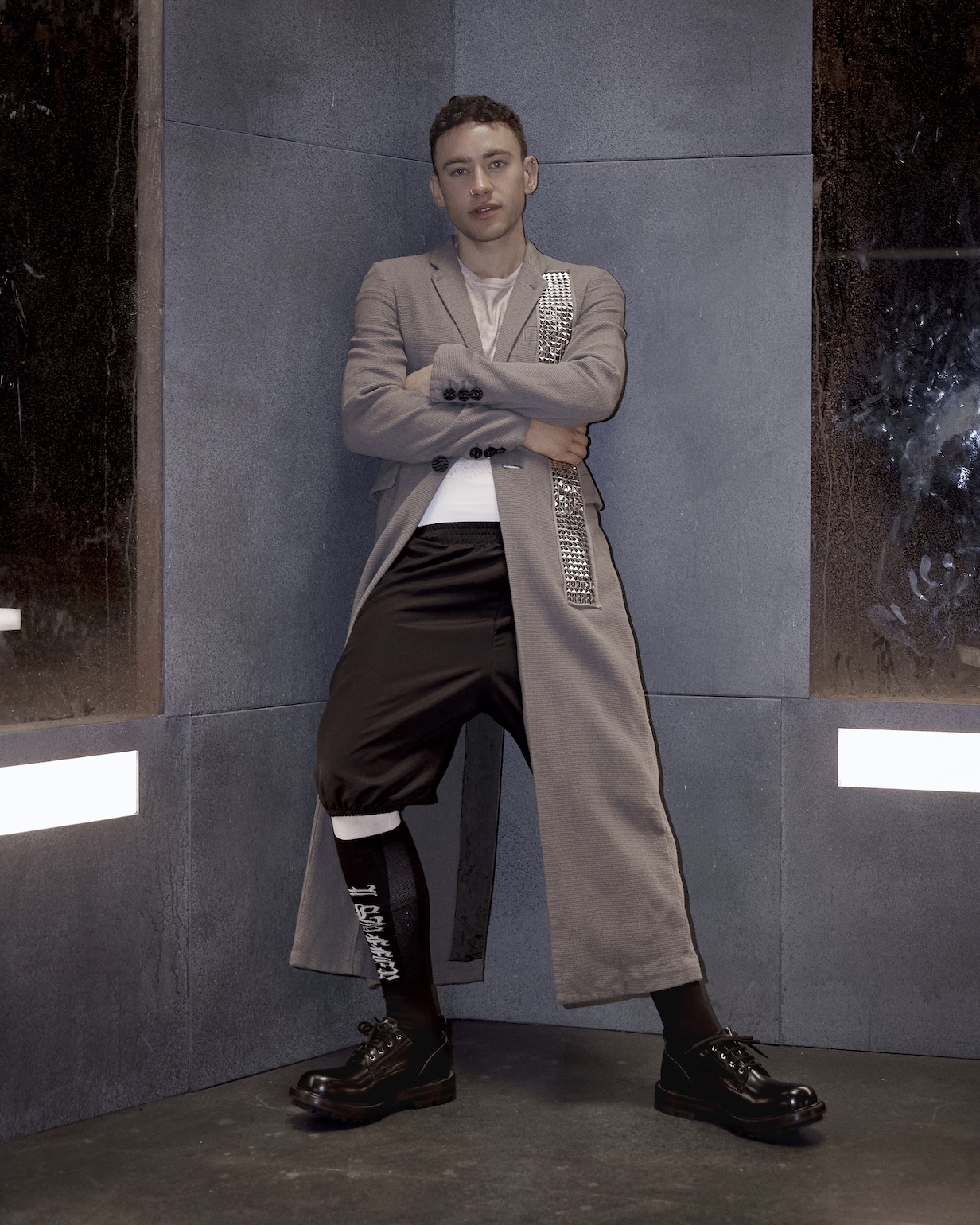
Polari is a centuries-old unofficial language which was popularized among British gay men in the mid-1900s. As such, it fits Alexander’s first oeuvre under this own name. Created in a low-key environment with only producer Danny L Harle (Dua Lipa, Caroline Polachek, Charlie XCX) as collaborator, the album leans heavily into the dancey synth-pop sounds of the ’80s. The only other musician involved in Polari is one of the godfathers of the genre, Vince Clarke, who put his signature touch on “Make Me a Man.”
Alexander gave a sneak preview of Polari when he performed “Dizzy,” its first single, also the first single under his own name at the 2024 Eurovision Song Contest. “Dizzy” placed 18th in the contest, and it fulfilled a life goal for Alexander. “I grew up watching Eurovision and I loved it,” he says. “I’m well known enough in the U.K. that I thought it wouldn’t be too damaging to my reputation. I also love to have a really big budget to put on a performance. But I mainly wanted to do it because it was an itch I wanted to scratch.”
That appearance was over a year ago and today, a little over a week ahead of Polari’s release, Alexander is in a hooded sweatshirt and overalls—a comfort item he told The Guardian in 2018 feel “like clothes that give you back a hug.” He’s in his mid-30s but comes off as at least a decade younger, a perpetual symbol of youth and being on the cusp. He also gives off baby brother energy and with that comes a protective feeling toward him. Alexander smiles when he talks and rubs the corner of his nose as he discusses the intersection of his artforms with SPIN.
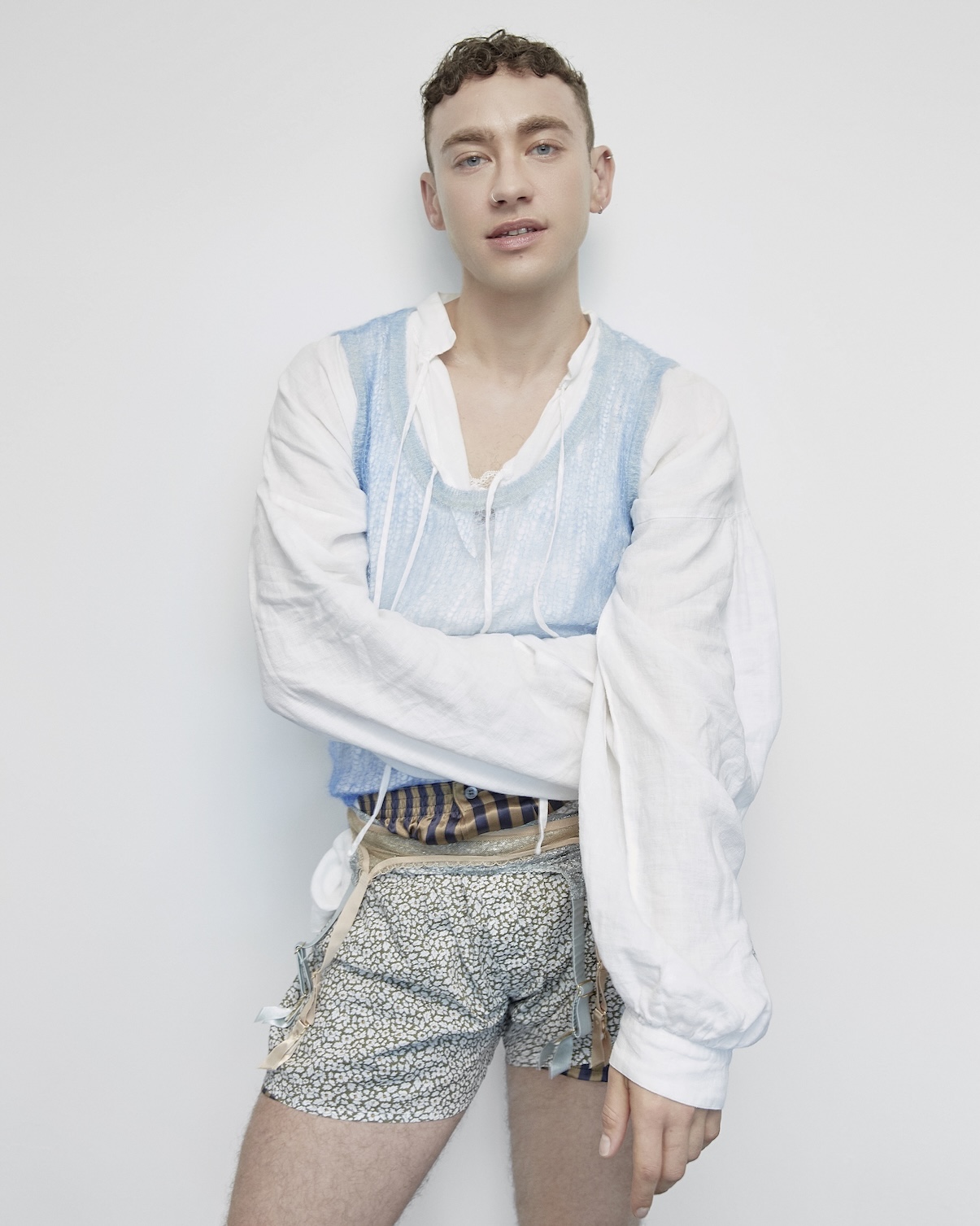
How different is being an artist under your own name versus Years & Years?
I feel very different from the artist I was when I joined Years & Years. Because it started as a band, it had the energy of the other members, even if they weren’t there toward the end and I did it as a solo project. I would always be able to hide behind the façade of Years & Years. I really loved it, but it didn’t feel like it was me anymore.
That whole experience was such a whirlwind. I was writing songs, but it was a collaborative process. It wasn’t always easy, but I loved what we did. Looking back, I see that I’ve been trying to find this route to myself. I have been on this journey of uncovering my own identity and how it relates to the world around me.
I named the album Polari, which to me is this spiritual word that conceptualizes this gay experience. It wouldn’t have made sense for a Years & Years album to be called Polari, and I don’t think I would have been able to make this kind of record in the past.
Why do you think you wouldn’t have been able to make Polari before?
I never had the confidence. I certainly had a different point of view. My perspective as a songwriter is always changing depending on what’s happening in my life. But I keep returning to these themes and, at the same time, trying to run away from these themes because I’ve done it before. Days working people in the studio, you accrue songs trying to figure out: What is my voice? What is my style? What is my technique? What’s my blueprint?
I was always trying to please the label or the band or live up to expectations. This time, I was like, “I’m not going to do any of that.” With Polari, right away I decided I wouldn’t work with any writers. I wanted to work with one producer. I didn’t want to send any of the songs to the label. I was going to make the bulk of the album, really focused, really small, not spend money going to a fancy studio. (I tried that and it didn’t work.)
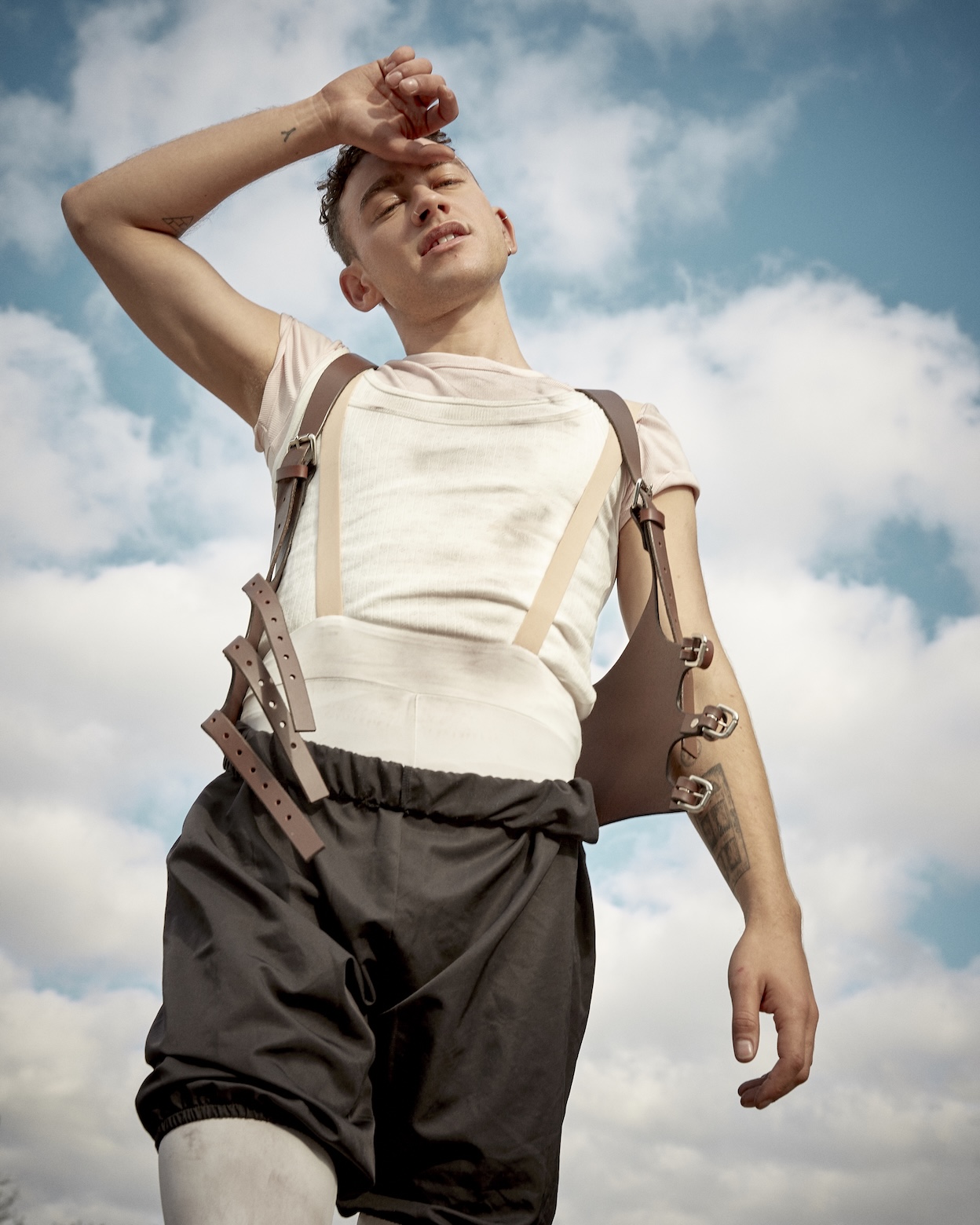
How was working with Danny L Harle as a producer?
He did a remix of “Shine” from the first Years & Years album 10 years ago. But we never worked together in the studio. We wanted to, but our paths never crossed. I’ve been in songwriting sessions or songwriting camps, where you write two songs a day with lots of different people. You can get amazing results like that. But I wanted to do the opposite of that.
The first week with Danny, we just talked about art, about music, about things we liked. The next day, we started listening to things, talking about ideas, talking about references. It took a while for us to get into the music. In the past, I’ve made 50+ songs for an album. This time, it was much smaller and more focused. Danny is literally a genius. He’s so talented and has an amazing knowledge of different styles of music. But he’s a real student of pop. I really appreciated his perspective on what makes pop music—specifically electronic pop music, interesting.
How did Vince Clarke get involved with “Make Me a Man?”
We’d had a conversation about working together years ago, and it never panned out. Me and Danny were talking about who we would want to collaborate with on this album and just emailed him. He was down and had been working on some stuff and sent a track over. We wrote over the track. Danny changed some of the elements of production, but so much of it is exactly how Vince sent it. We were screaming when we heard it. He was fantastic. Also, to have that sort of co-sign and support from someone who is the master of the genre, the creator of the era, was a really nice feeling. We did it back and forth, and he made some really good suggestions, but he’s so funny. His emails are two words long, to the point and nothing extra. How crazy to have been in three of the best bands ever.
Are Polari’s prominent ‘80s references intentional?
We really leaned into it. I’ve always loved that era of music for all these different reasons, but it’s also become significant in my life because It’s a Sin was set in the ’80s. It reignited this love of ’80s music and specifically the attitude towards the music and the lyrics. It’s almost naive. There’s an earnestness and an openheartedness, even in the production. Obviously, Erasure was a huge inspiration. That music is so genius, but sometimes when you listen to the way it was made, certain sounds will be super loud and almost out of balance, and then the synths will come in really hot. Because it’s early technology, there’s a playfulness to the production. A lot of popular music now tends not to be made that way. Also, the dancefloor being this place of safety and liberation and pain and euphoria is synonymous with the ’80s. There’s so many different ways you could take the music of the ’80s, even within electronic music or dance music. Once we found that groove, it just started to make sense to me.
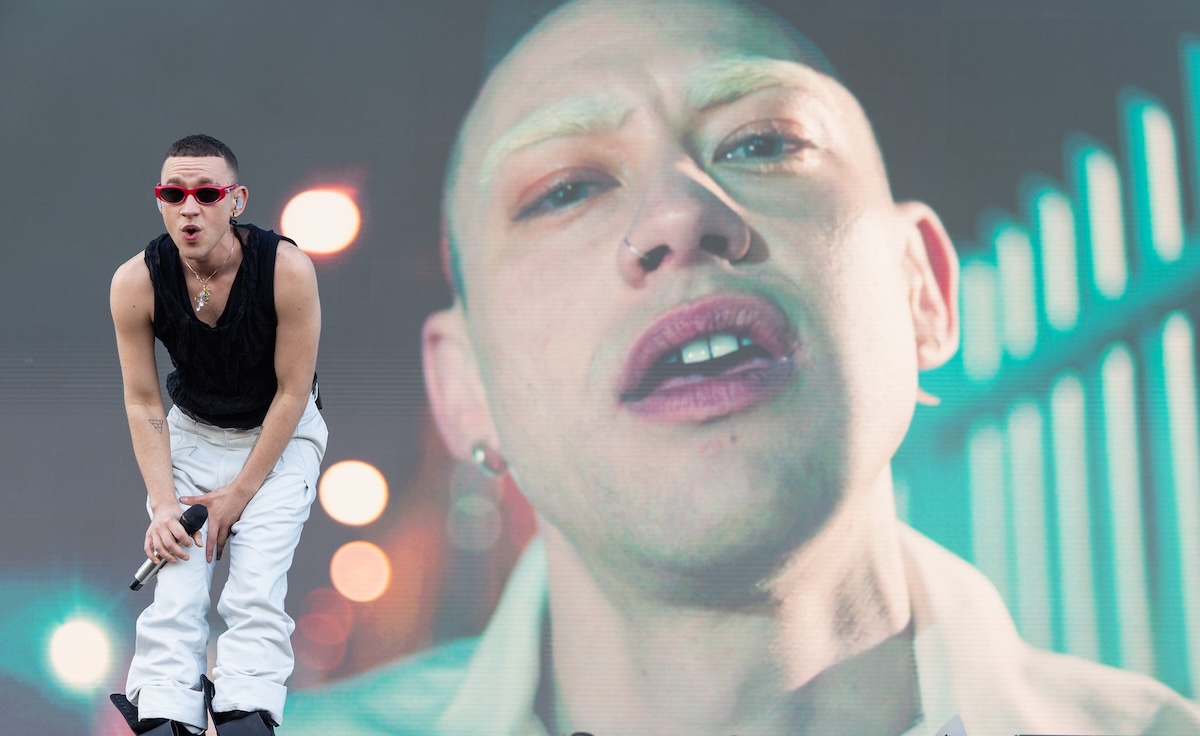
It sounds like one of your artforms, acting, informed the other, music?
It’s so true. When I was making It’s a Sin, I really got into Derek Jarman. I was looking for stuff about the ’80s and I was reading his diaries. He was canonized by this group of queer activists called The Sisters of Perpetual Indulgence. They would give sermons, read from the Bible, but all in Polari. That led me down this Polari route as well. I tried to channel the energy of different queer heroes. Derek Jarman was one of my guiding lights.
You are a figurehead for the queer community and the mental health community. Is this a position you chose or were you pushed into it?
When you end up taking up space as a representative of a community, a narrative gets formed whether you like it or not. My relationship [with that position] has changed so much over the years. In the beginning, I had no concept of what it would look like to speak out on what it’s like to be gay or what it’s like to struggle with mental health and weave that into my work. But I’m not an activist. I’ve never defined myself in that way. It’s just not the right word to use for me.
I have a complicated relationship with flag waving because there are so many different flags you can wave, and they’re powerful. It’s hard to know how to navigate any of these things. I’ve felt like I’ve been swimming in those waters for so many years. I’m trying to move away from it and focus on the work, whilst knowing that everything I do is politicized. As a queer artist, you can’t opt out of that. It’s put onto you whether you like it or not. You have to take your experience living as a queer person in the world, somehow broadcast that to your audience, and then recalibrate, because now you’re a famous queer person in the world and that’s a different experience.
I am always having these conflicted conversations with myself about how to best do this because I want to do a good job, whatever that means. I do feel a sense of responsibility. But to what, I don’t know.
To see our running list of the top 100 greatest rock stars of all time, click here.

